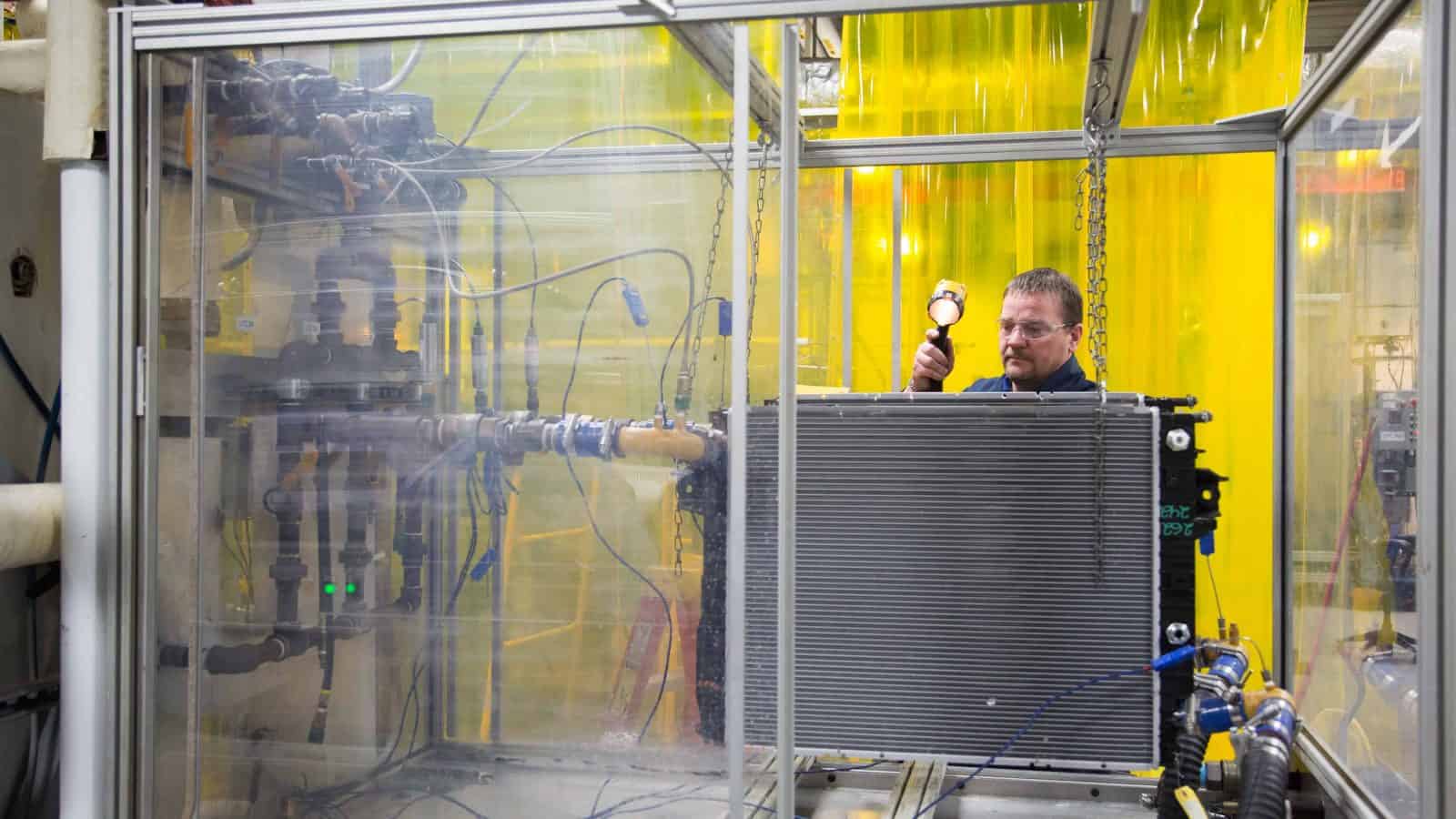Startup Aims to Make Green Hydrogen Affordable

An energy startup that just hit the $1 billion investment mark thinks it holds the key to finally producing large quantities of “green” hydrogen, according to The Wall Street Journal (subscription).
What’s going on: “Electric Hydrogen believes the secret to success is finding a better way to split a [water] molecule. … Splitting it to create green hydrogen requires devices called electrolyzers. They are expensive and consume vast amounts of renewable electricity to make a small amount of hydrogen, making most projects uneconomical. Electric Hydrogen says its electrolyzer can produce much more hydrogen.”
- The company says its method of hydrogen production combined with “the generous tax subsidies on offer” from last year’s Inflation Reduction Act could finally make green hydrogen a market-competitive energy source.
Investors go all in: The company “recently raised $380 million from backers including BP, United Airlines, Microsoft and iron-ore producer Fortescue Metals,” helping it pass $1 billion in total investments.
Why it’s important: Green hydrogen “is one of the few options to eliminate emissions from trucks, planes, steel mills and chemical plants where renewable power and batteries alone can’t get the job done.”
- “Hydrogen is one of the few ways to move green power long distances. Potential demand is so great that the winner of the race for green hydrogen could dominate a market worth as much as $1 trillion in the coming decades.”
Cracking the code: While electrolyzers have been typically small devices used in the aerospace and chemical industries, Electric Hydrogen thinks it can make the devices both larger and more affordable “by starting from scratch and using new plate engineering focused on the performance of bigger electrolyzers.”
The NAM’s take: “Clean hydrogen is critical to decarbonizing hard-to-abate industries, and manufacturers are leading the way in developing and scaling it for widespread use,” said NAM Vice President of Domestic Policy Brandon Farris.
- “The NAM is working to ensure that the incentives available for clean hydrogen help create the right market incentives for producers—as well as manufacturers and other end users—to meaningfully contribute to decarbonization while boosting domestic job growth and global competitiveness.”
